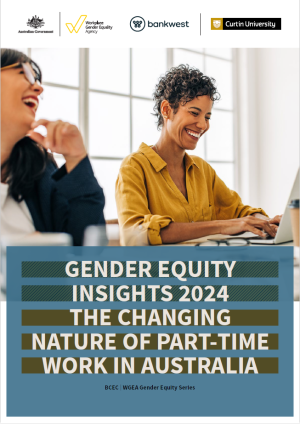The Private Rental Sector in Australia
This report examines the state of the private rental sector (PRS) in Australia through analysis of 2016 census data and a survey of 3,182 Australian private renters.
The survey asked renters about issues such as the number of rental properties they have lived in, lease terms, property conditions, their relationship with their landlord/property manager and affordability. It sheds new light on what is often, incorrectly, regarded as a dysfunctional tenure where people only reside because they have no other options.
The PRS covers property rented through a real estate agent, private landlord or employer and excludes public and community housing. It covers 86 per cent of all rented property in Australia and is essential to deliver housing for those households that are ineligible for social housing and cannot afford, or do not want, owner occupation. An effective PRS allows households to transition out of social housing and into the private market while enabling tenants to save for owner occupation, if desired, offering flexibility and mobility allowing tenants to take advantage of employment opportunities, for example.
Previous work has highlighted the disadvantages of renting with security of tenure the biggest issue (Duncan et al., 2016) and a recent report by Choice (2017) described a very negative sector. This survey covers the whole of the PRS and not just low income renters, which have been the subject of a significant quantity of recent research (see for example Parkinson, James et al., 2018).
The findings of this work paint quite a positive picture of the PRS. Although many households on low incomes are undoubtedly struggling to meet rental costs, those on moderate incomes report generally favourable experiences with renting.
This work discusses the policy implications of the survey results, particularly around tenure security, the growing number of older renters and the importance of the PRS for households falling out of home ownership. For those on low incomes, the PRS is failing and this work calls for a new scheme to deliver subsidised rental properties in the private market.









